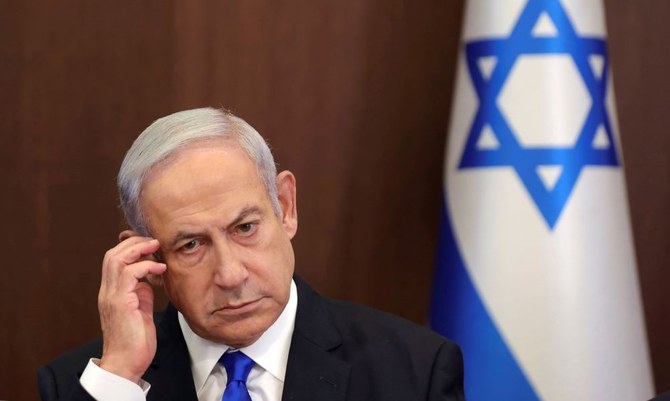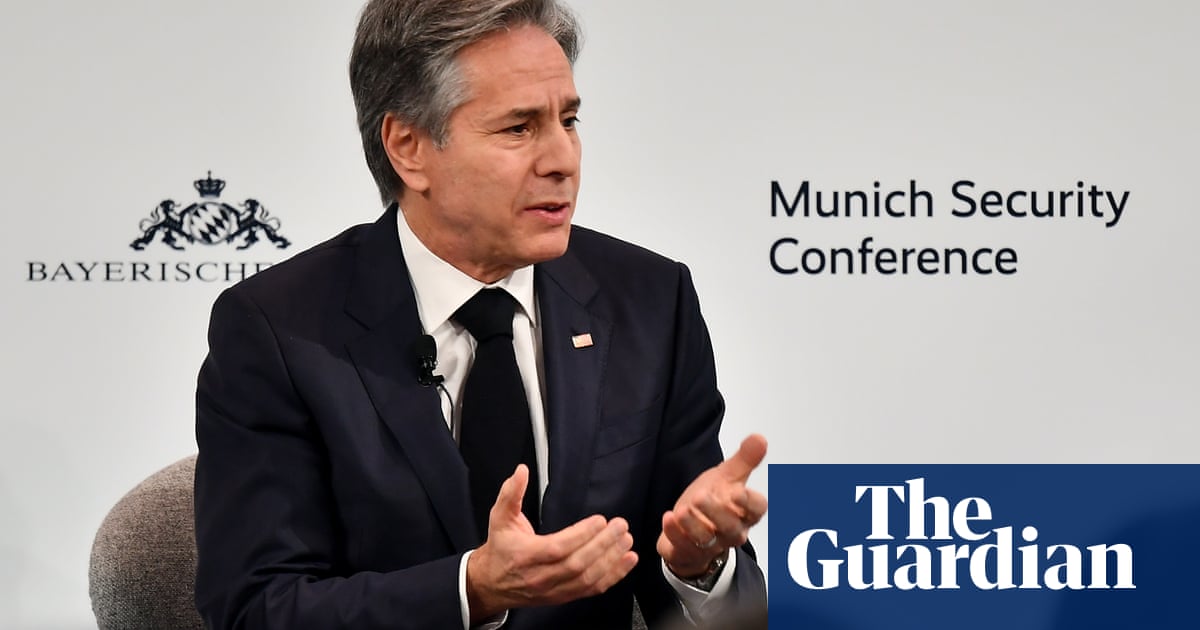
Daesh’s rise to prominence as a terror group raised questions as it surged through parts of Iraq under the lazy gaze of Iraqi soldiers, who left their positions and weapons in their droves. However, more questions have been raised and remain unanswered five years since the group rose to prominence in Syria during the uprising against Bashar Assad’s rule.
As convoys of trucks have been seen exiting Baghouz, Daesh’s last foothold in eastern Syria, politicians in the rest of the world are grappling with what to do with the civilians who want to return to their home countries. The departure of the Daesh fighters’ families will surely herald the end of the group’s shot at establishing a state. The “caliphate” it attempted to create proved to be a hell-on-earth establishment based on an extremely violent interpretation of their so-called religious law. The band of killers kidnapped, imprisoned, tortured, decapitated, slit throats and severed the limbs of its own followers, as well as its enemies.
On the face of it, the organization, which boasted a membership in the thousands and with sympathizers spread across the world, mainly among migrant communities, has suffered a near mortal blow. But it is too early to think that the world has rid itself of this contagious disease. The nature of Daesh as an organization, like Al-Qaeda before it, means it is capable of staying dormant and hibernating wherever its affiliates find refuge. They breed on discontent and infect communities everywhere.
Daesh may be on its way toward defeat, but the questions left unanswered will be felt in societies for years to come.
In its tenure in Iraq and Syria, Daesh managed to further drive a wedge between Shiite and Sunni communities. In Syria, many rebelling towns opened their arms to the newcomers, thinking they would act as their saviors from the killing machine of the Syrian regime.
Daesh’s takeover of parts of Iraq served indirectly to hide all the failures of the two terms of Prime Minister Nouri Al-Maliki. It was revealed that Iraq’s wealth and aid packages dedicated to rebuilding the country were siphoned off by corrupt politicians.
In Syria, Daesh managed to undermine the uprising against Assad’s rule. Many Syrians blame Daesh for the failure of local and international efforts to unseat the regime in Damascus. This is because international efforts in Syria changed in 2015, from aiding and pressuring Assad to stop the use of his military might and that of his Russian, Iranian and Lebanese allies against his people, to establishing a coalition to fight Daesh. The UN estimates that the violence perpetrated primarily by the regime and its allies has left more than half a million dead and more that 10 million Syrians displaced.
The nature of Daesh, like Al-Qaeda before it, means it is capable of staying dormant and hibernating wherever its affiliates find refuge
Mohamed Chebaro
The Daesh threat was not limited to the Middle East, however. “Lone wolves” and loosely formed sleeper cells struck in countries as far away as Australia and Canada, but the deadliest attacks were in France, Belgium, the UK and Germany — countries that led the international effort to defend Syrian civilians against Assad.
Meanwhile, Iraqi and Syrian civilians swarmed across the Mediterranean and through Turkey to flood Europe with refugees. This trend encouraged economic migrants from as far as Afghanistan and Pakistan and various sub-Saharan African nations to try to cross to European countries in a way that risked breaking down the EU’s immigration system.
If that did not test the resilience of Western democracy enough, each country now has to decide how and under what circumstances it will receive the few hundred women and children of Daesh fighters who want to return home. It is estimated that more than 5,000 Daesh followers left Europe for the land of the so-called caliphate and their return is likely to prove a clear and present danger for the authorities, while organs of the state grapple to put those guilty of fighting on trial or possibly rehabilitate them.
As Daesh’s hold on its final scrap of territory in Baghouz comes to an end, questions will remain unanswered as to who created Daesh and who or what could extinguish its influence in societies from Indonesia to Morocco, and in many Europeans capitals. Such questions are likely to become more urgent as authorities, the UN and non-governmental organizations deal with the return of ex-fighters and their families to their respective home countries.
Experts who have studied the extremists’ ideology know well that the returnees will likely play as much of a disruptive role at home as they did abroad. Brett McGurk, the Special Presidential Envoy for the Global Coalition to Counter Daesh, who resigned recently in protest at US President Donald Trump’s decision to withdraw US troops from Syria, once explained that the coalition’s main mission was to eliminate all of Daesh’s foreign fighters.
Four years since the beginning of the coalition’s effort to rid the world of Daesh and the terror group is significantly weakened and has lost its big footprint — but it is far from dead. The issue of how best to roll back the spread of the heinous ideology of Daesh and its affiliates will busy the world for decades to come. The group’s creators let the genie of non-state actors based on a twisted extremist ideology out of the bottle, and putting it back is likely to be a near-impossible mission in today’s polarized, divided and globalized world.
Mohamed Chebaro is a British-Lebanese journalist with more than 25 years’ experience covering war, terrorism, defense, current affairs and diplomacy. He is also a media consultant and trainer.
Disclaimer: Views expressed by writers in this section are their own and do not necessarily reflect Arab News" point-of-view











